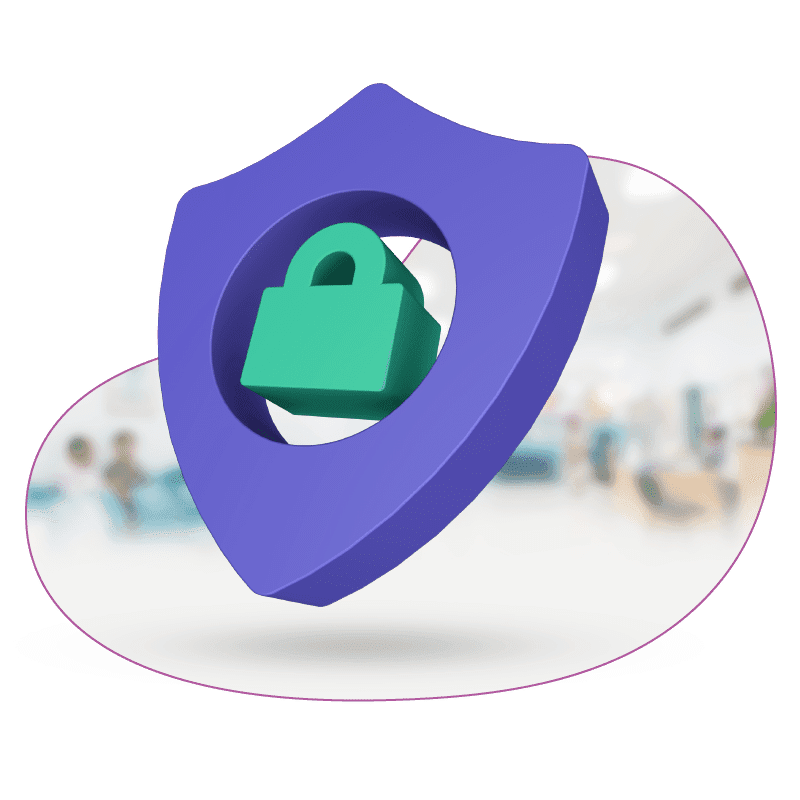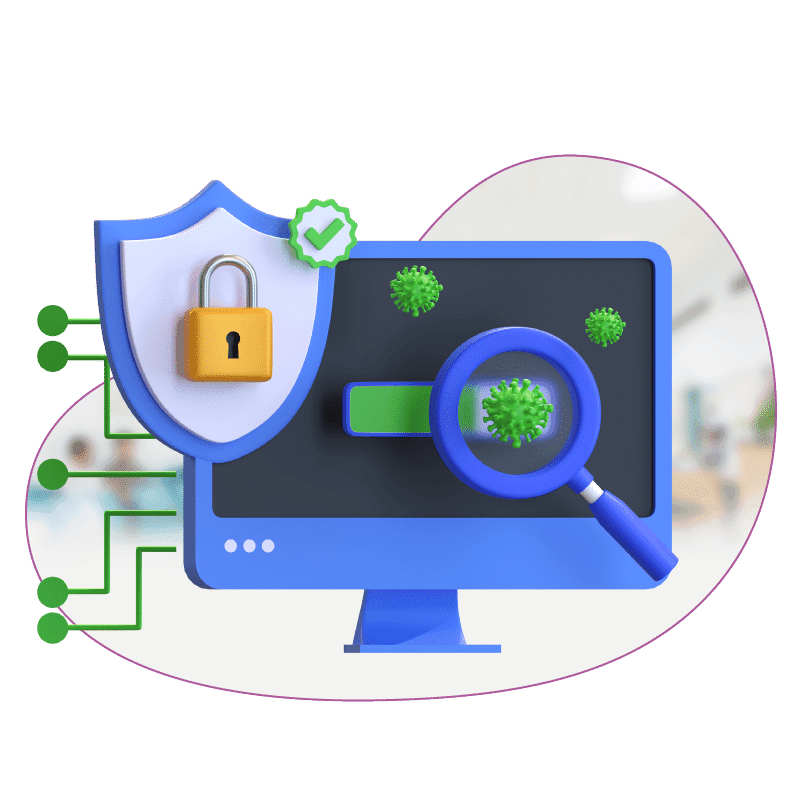Having an IT admin or dedicated cybersecurity professional is highly recommended for hospitals to handle cybersecurity and CISO tasks. Hospitals have complex IT infrastructures that include electronic health records, medical devices, and other critical systems that require constant monitoring and protection.
An IT professional should be able to perform proactive measures and should handle incidence response, should be updated with compliance of regulations of cybersecurity and risk assessment,
While it is possible for hospitals to handle cybersecurity tasks without an IT admin or cybersecurity professional, it can be challenging to stay on top of the rapidly evolving threat landscape.












